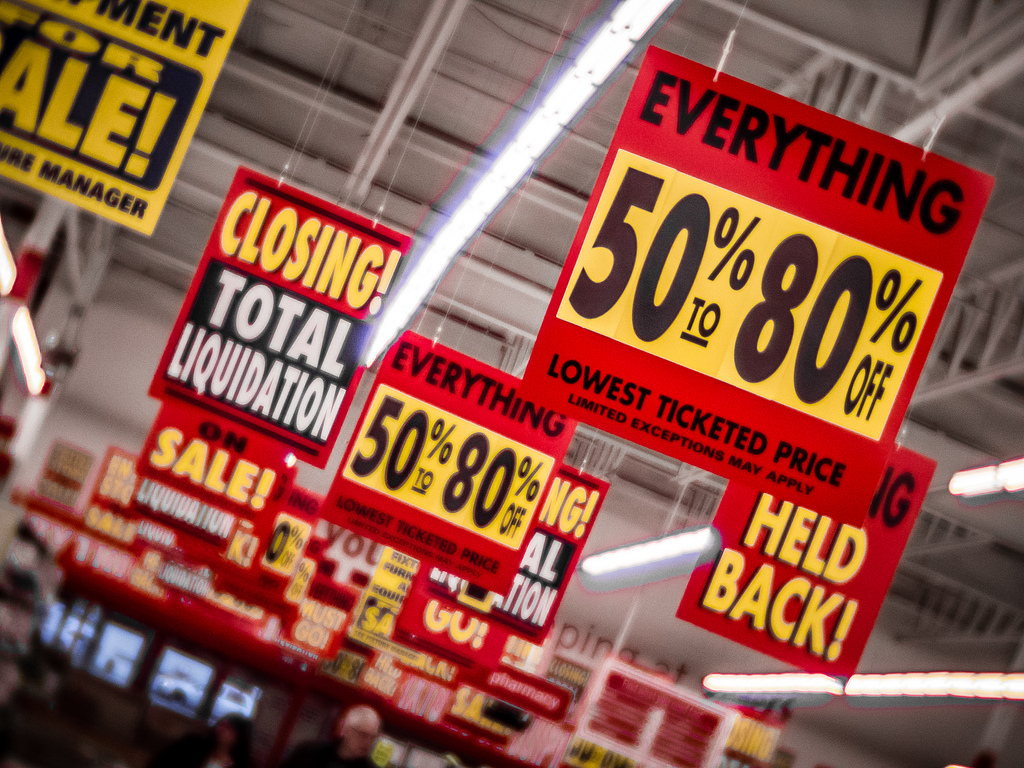How are Business Energy Bills Calculated?
Let’s face it, business energy bills are never a pretty sight – Even more so when they’re costing you a fortune.
Although a necessary evil, it may lessen the blow a little if you understand how your business energy bills are calculated and can recognise when action needs to be taken to reduce them.
Let’s start with the basics.
What is a business energy bill comprised of?
 Business energy bills are calculated using the following factors:
Business energy bills are calculated using the following factors:
✔ Your energy consumption x unit rate
✔ Standing charge x period of billing
✔ VAT
✔ Discounts
Together, these components reveal the price that you will pay for your business energy.
Unfortunately, this does not guarantee that your billing is accurate. Often it is, but when your meter readings haven’t been updated in a while, there can be discrepancies which could result in you paying more than you have to.
The best way to avoid this is to regularly submit readings to your business energy supplier so they have an accurate reading to work from.
What is a standing charge?
The standing charge on your business energy bill is a fixed daily amount that you agree to pay when you choose a new business energy contract. This cost covers expenses for transporting energy and the cost of taking care of your meter.
Standing charges are also different depending on your business location, but no matter how much or little energy you use, it remains the same and will be charged to your business regardless of usage.
What is a unit rate?
When you agree to a new business energy contract, you will also agree to a unit rate – It may be referred to as cost in pence per kilowatt hour (kWh) and is the price you’ll pay per unit of energy used.
Unit rates can vary depending on the time of day. So much so that you may have a completely separate day and night rate. This is why it makes sense to consider the cost of these rates in comparison to your operating hours.
Why is VAT different for some businesses?
VAT will be charged on top of the cost of your business energy bill. The typical rate is 20%, however, some organisations can get this reduced to as little as 5%.
Businesses that can take advantage of this include charities and non-profit organisations – sometimes even care homes and health centres.
Given this, if you think that your business has been paying too much VAT, get in touch and we can arrange for you to get a refund for overpaid VAT for up to four years!
Learn more about reduced VAT on charity energy bills
What discounts can I get on business energy bills?
 As seen above, some businesses are eligible for reduced VAT rates and tax returns. However, if you aren’t one of the lucky few who can access this, you may be wondering what discounts you can get your hands on.
As seen above, some businesses are eligible for reduced VAT rates and tax returns. However, if you aren’t one of the lucky few who can access this, you may be wondering what discounts you can get your hands on.
Let’s be honest, the energy market isn’t a very discount-giving place, so let’s not get too excited.
Some suppliers offer a discount for paying via direct debit… That’s pretty much it…
The biggest savings that can be made on your business energy are likely to be from investigating different tariffs and suppliers. This way, suppliers are competing for your business, which in turn, drives down prices – It doesn’t work every time, but you’re more likely to get a positive result this way.
Discover if there is a more suitable business energy contract for your business by getting in touch with our business energy experts on 0800 9777 000. You will receive expert advice on reducing your energy costs, as well as a great range of UK business energy tariffs for you to choose from.
Is there a difference between how gas and electricity bills are calculated?
The only difference between how electricity and gas bills are calculated is that the units of gas that you use have to be converted into Kilowatt Hours.
✔ Both are based on meter readings or estimated readings.
✔ Both are based on a set period.
✔ And both include a standing charge and VAT.
How to ensure you are being billed accurately
Just like any other business, energy suppliers can make mistakes.
Sometimes, suppliers estimate your meter readings instead of taking them which can cause mild differentiations in cost. You can avoid issues such as this by taking meter readings and keeping your supplier updated yourself – This way you know that the reading on your bills is correct.
What to do if your business energy bills have increased
Business energy costs can increase for a variety of reasons.
One of the most common explanations is that your existing contract has ended without a replacement agreement being made. This means that your supplier will roll you onto a more expensive standard tariff – These are often also the most costly tariffs that suppliers offer.
If this happens to you, you are likely to be paying more than you should for your business energy, so the sooner you act, the better.
Compare business energy suppliers with Exchange Utility. Whilst being guided by our energy experts, you will discover the contracts that will complement your business as well as any cost reduction options or perks that are available to you across a range of UK suppliers.
Grab a recent business energy bill and complete the form on this page to get started. Alternatively, you can call our business energy experts on 0800 9777 000.